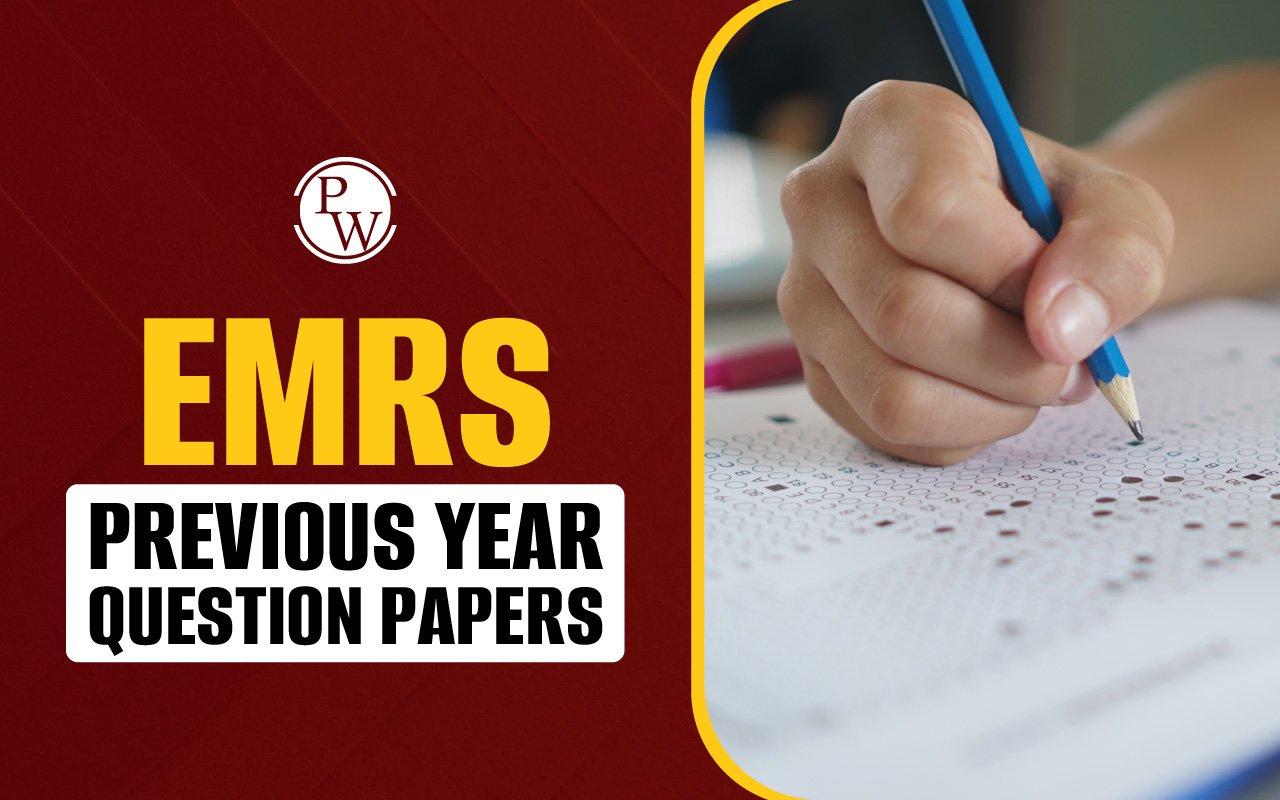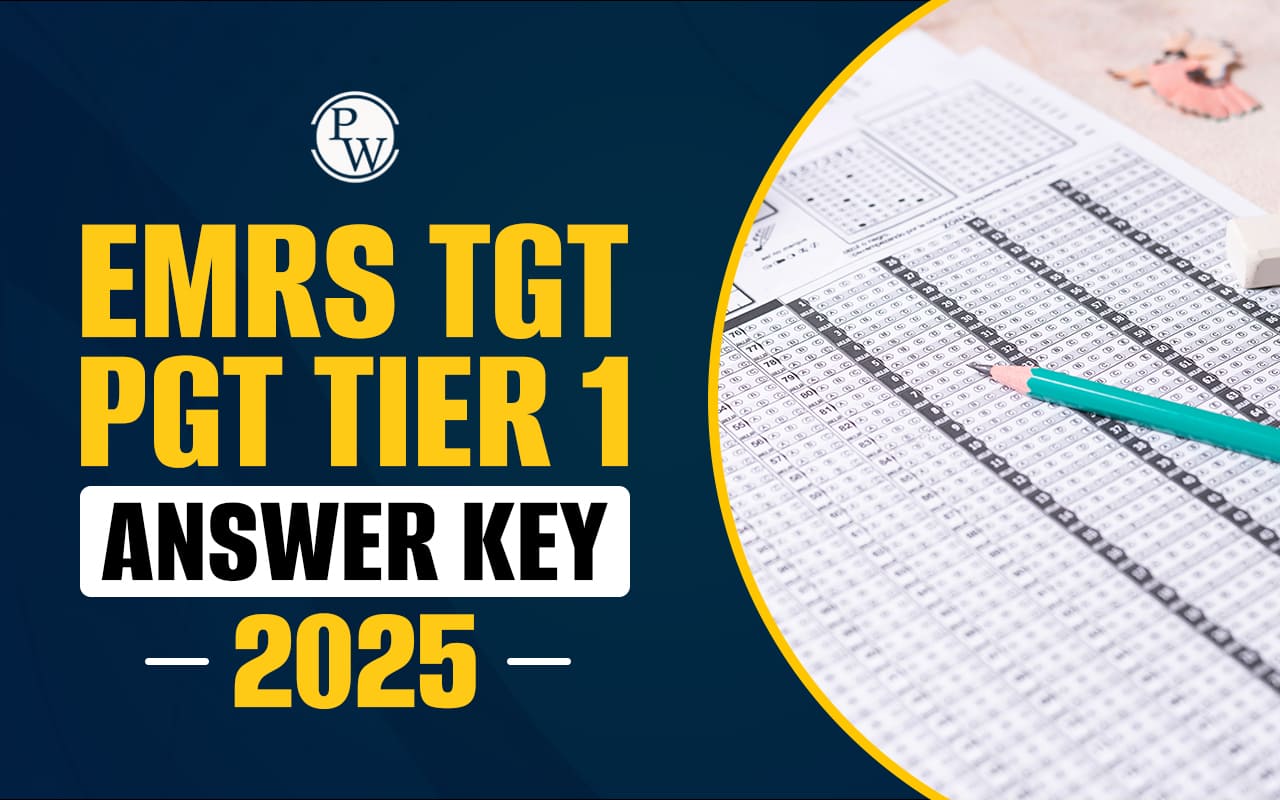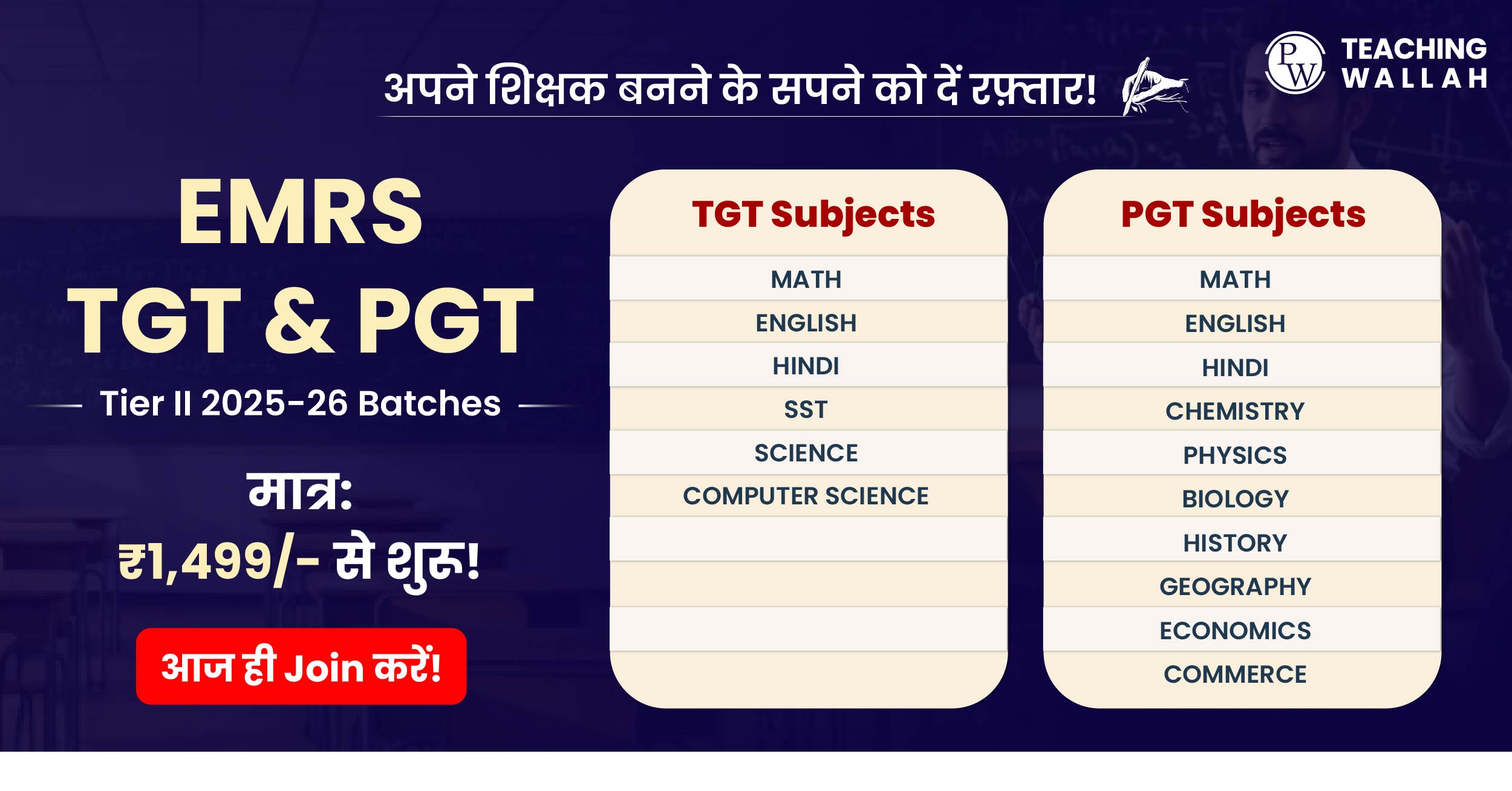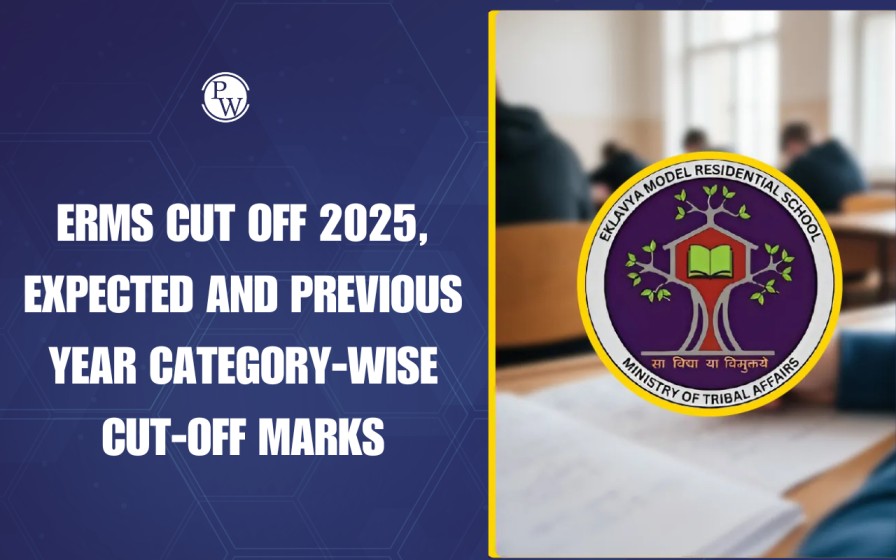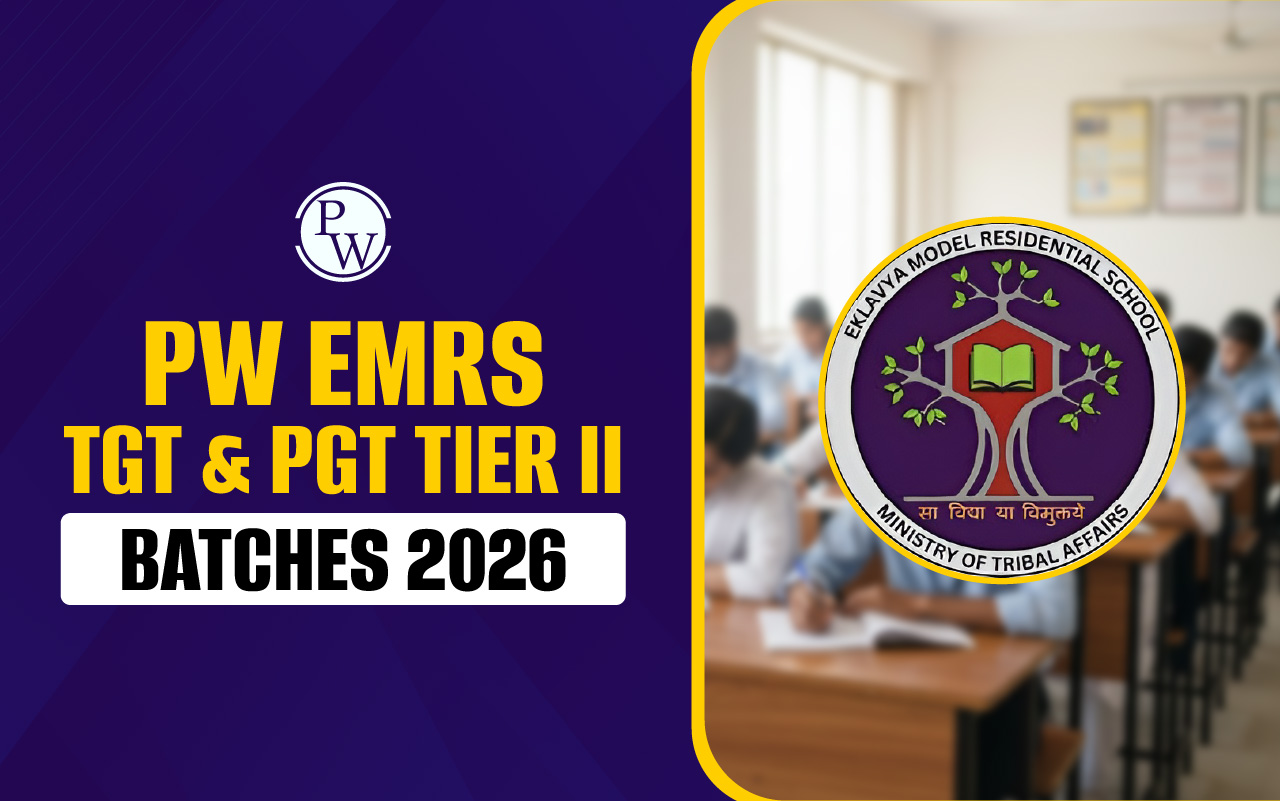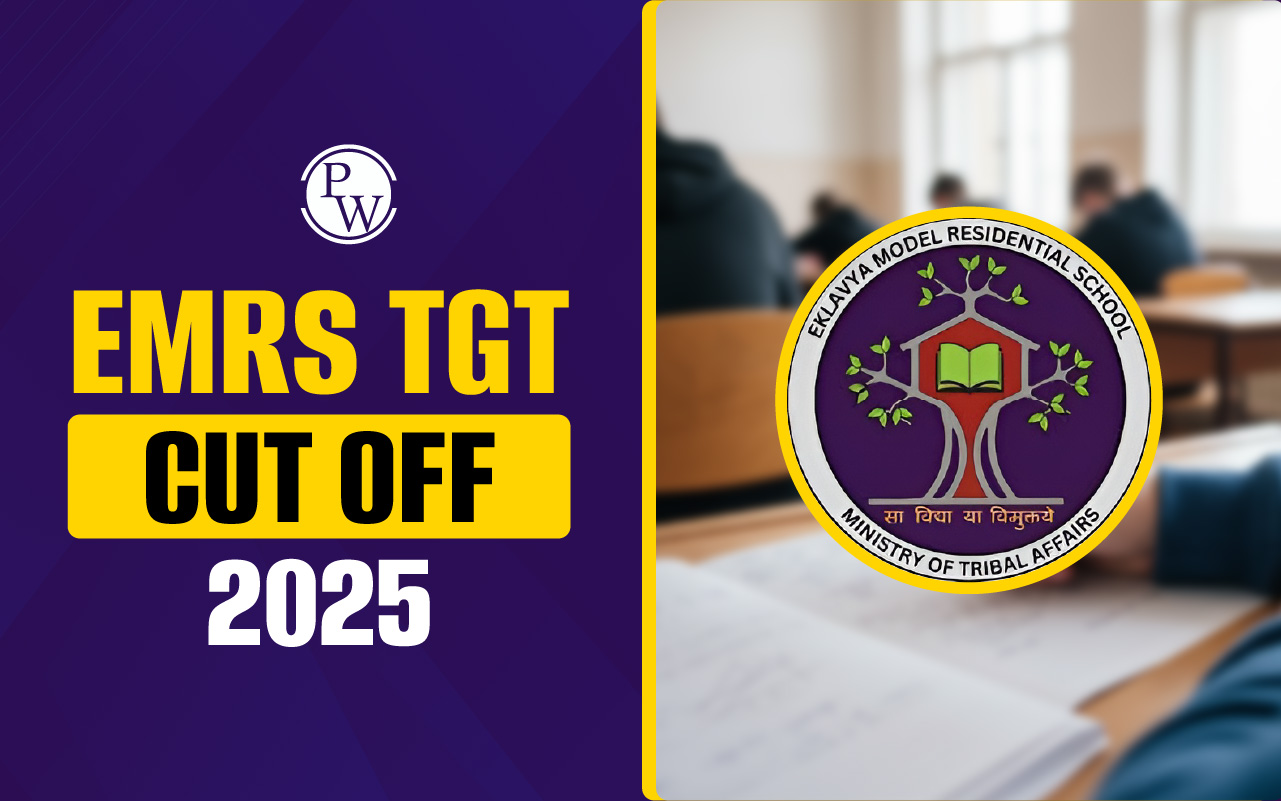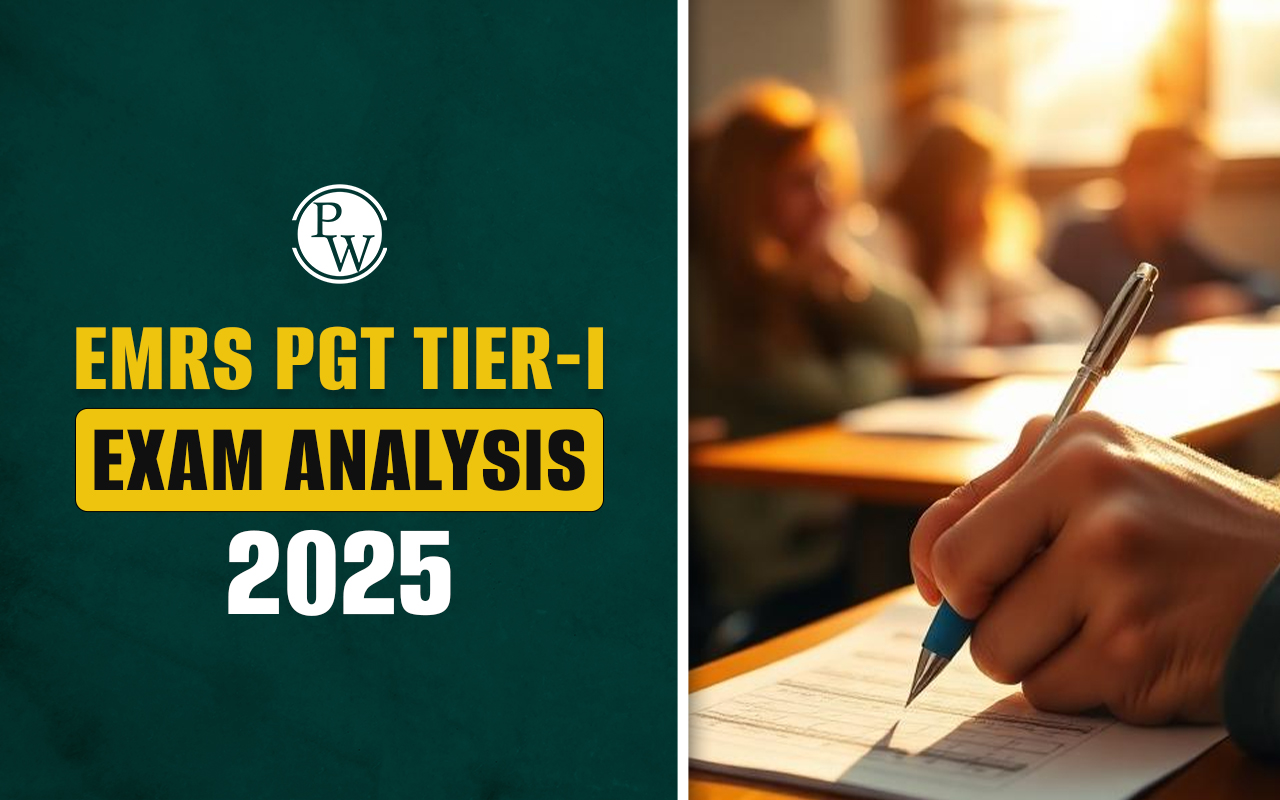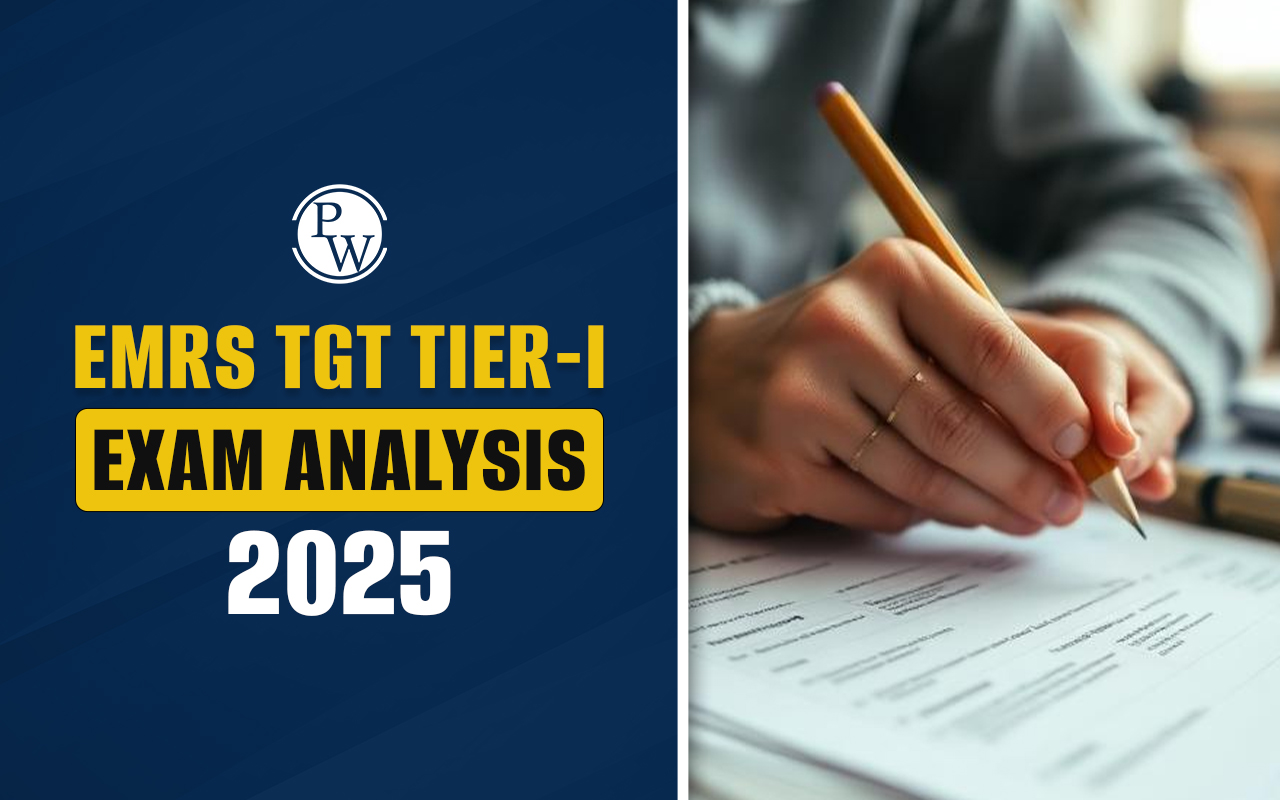
EMRS Non-Teaching Staff Syllabus 2025 includes core topics for a variety of positions, including Accountant, Junior Secretariat Assistant, Lab Attendant, and Hostel Warden. It includes General Awareness appropriate for the job, Reasoning and Quantitative Aptitude for clerical efficiency, and experience in working with basic ICT.
The syllabus also includes job-specific professional knowledge, such as accounting knowledge for the Accountant position, and administrative tasks for the Hostel Warden position. This syllabus provides the necessary knowledge for candidates for the operational and support roles at the Eklavya Model Residential Schools, while taking into account the NESTS recruitment exam structure.
EMRS Non-Teaching Staff Syllabus 2025 Overview
The EMRS Recruitment 2025 notification has been released by the National Education Society for Tribal Students (NESTS), offering thousands of teaching and non-teaching vacancies. The Eklavya Model Residential Schools (EMRS) Non-Teaching Staff Syllabus 2025 is designed to evaluate candidates for non-teaching posts like Accountant, Junior Secretariat Assistant (JSA), Lab Attendant, and Hostel Warden.
| EMRS Non-Teaching Staff Syllabus 2025 Overview | |
| Particulars | Details |
| Conducting Body | National Education Society for Tribal Students (NESTS) |
| Post Category | EMRSNon-Teaching Staff Syllabus 2025 |
| Posts | Teaching and Non-Teaching posts (PGTs, TGTs, Principal, Hostel Warden, Female Staff Nurse, Accountant, JSA, Lab Attendant) |
| EMRS Vacancy 2025 | 7267 |
| Mode of Application | Online |
| Mode of Exam | OMR Based (Pen-Paper) |
| Duration of Exam | 3 hours |
| Level of Exam | National Level |
| Job Location | Across India |
| Official Website | https://nests.tribal.gov.in |
EMRS Non-Teaching Staff Syllabus 2025
EMRS Non-Teaching Staff Vacancy 2025 includes posts such as Accountant, Junior Secretariat Assistant (JSA), Lab Assistant, and Hostel Warden. The detailed syllabus for EMRS Non-Teaching Staff includes several important subjects and topics:
-
Reasoning Ability: Puzzles, seating arrangement, data sufficiency, verbal reasoning, inequalities, blood relations, sequences, directions, assertion and reason, Venn diagrams.
-
Quantitative Aptitude: Ratio and proportions, time and work, profit and loss, ages problems, problems on the number system, problems with time and distance, percentages, averages, simple and compound interest, data interpretation.
-
General Knowledge and Current affairs: Indian constitution, politics, culture, economy, history, geography, sports, awards and honours.
-
General English: Verbs, tenses, voice, subject-verb agreement, articles, comprehension, vocabulary, synonyms/antonyms, error correction, sentence rearrangement, idioms, phrases, etc.
-
General Hindi: Sandhi, samas, antonyms, synonyms, common mistakes, idioms, proverbs, and passages of understanding.
-
Computer Knowledge: Computer systems, computer operating systems, Microsoft Office, keyboard shortcuts, computer networks, computer security, and the internet.
EMRS Non-Teaching Staff Syllabus PDF
Candidates preparing for EMRS Non-Teaching Staff posts can download the official syllabus PDF from the EMRS or NESTS website, which provides the full syllabus structure along with exam patterns for all non-teaching positions like Accountant, JSA, Lab Assistant, and Hostel Warden. A direct link to download the syllabus is provided here. Click here to download.
EMRS Non-Teaching Staff Exam Pattern
The EMRS Non-Teaching Staff examination format is usually composed of written exams that are purely a set of multiple-choice questions that address all the key subjects within the syllabus. In some cases, regarding certain posts, selection consists of:
-
Tier 1: Written objective exam that assesses the candidate’s general awareness, reasoning, quantitative aptitude, language, and computer knowledge skills.
-
Tier 2: Subject knowledge or a skill test (where applicable).
-
Selection is usually based on available marks in either or both written exams and skill tests.
EMRS Non-Teaching Staff Syllabus 2025 FAQs
What subjects are included in the EMRS Non-Teaching Staff Syllabus 2025?
The syllabus covers Reasoning Ability, Quantitative Aptitude, General Knowledge, English, Hindi, and Computer Knowledge relevant to non-teaching roles in EMRS.
How can I download the EMRS Non-Teaching Staff Syllabus PDF for 2025?
The official syllabus PDF can be downloaded from the EMRS or NESTS website, which hosts updated exam syllabi and pattern documents for all posts.
What is the selection process for EMRS Recruitment 2025?
The selection process includes Tier I and Tier II exams, skill tests for JSA, interviews for Principals, and document verification.
